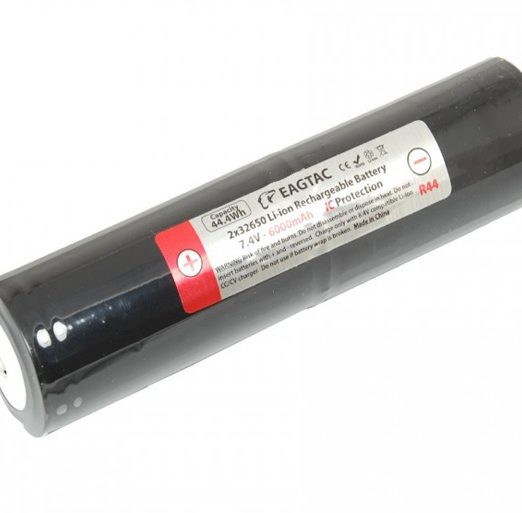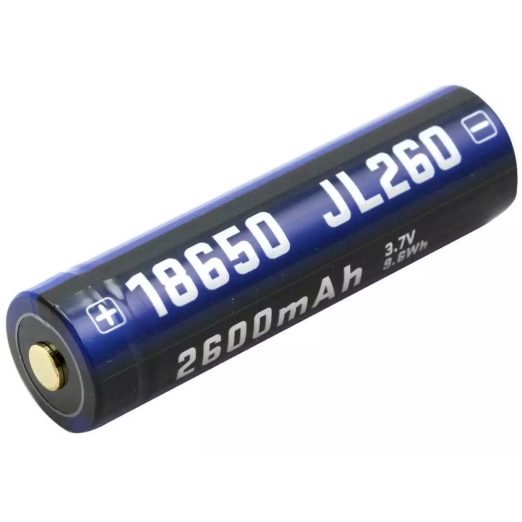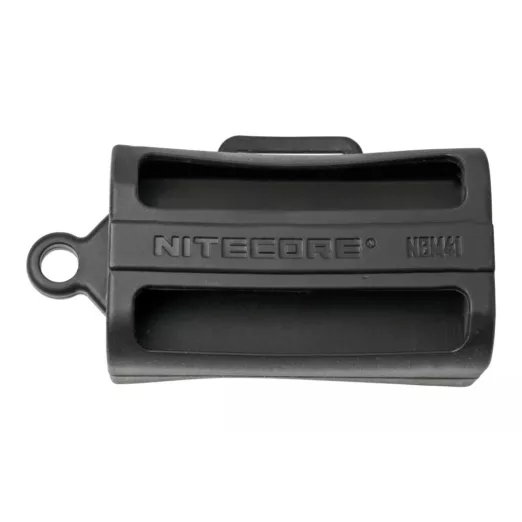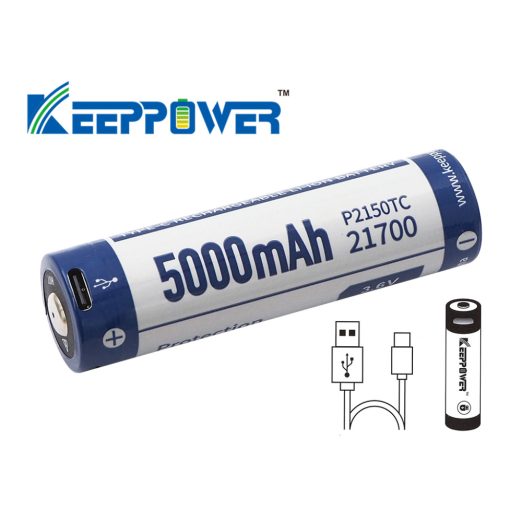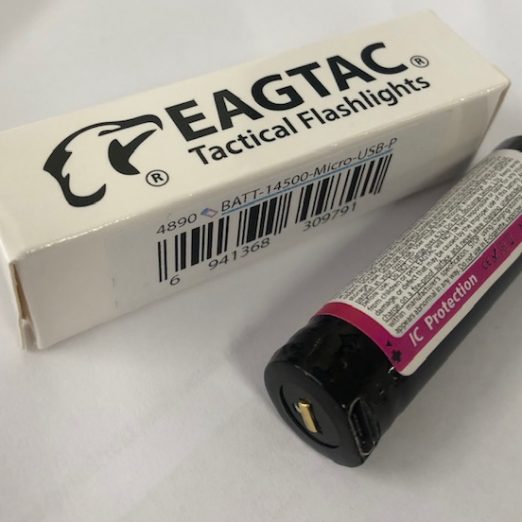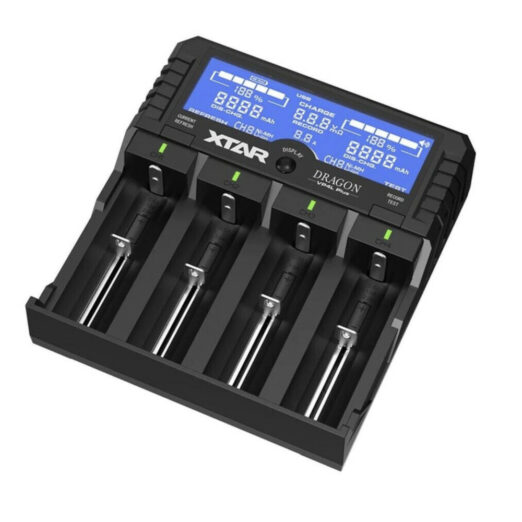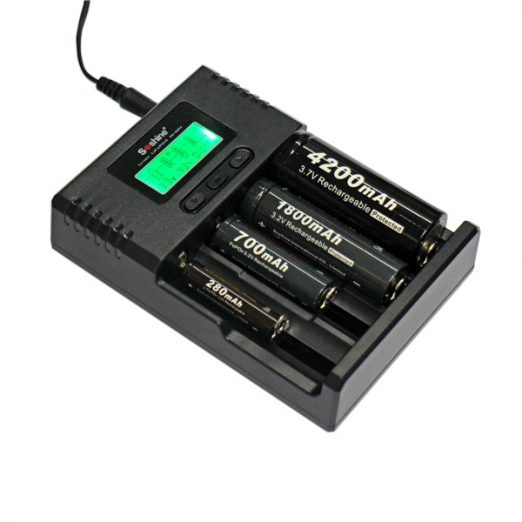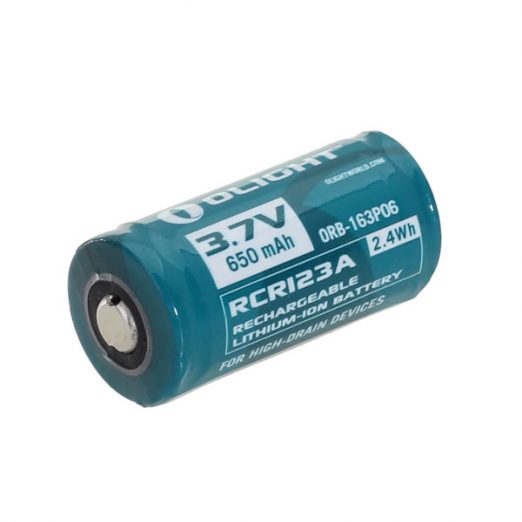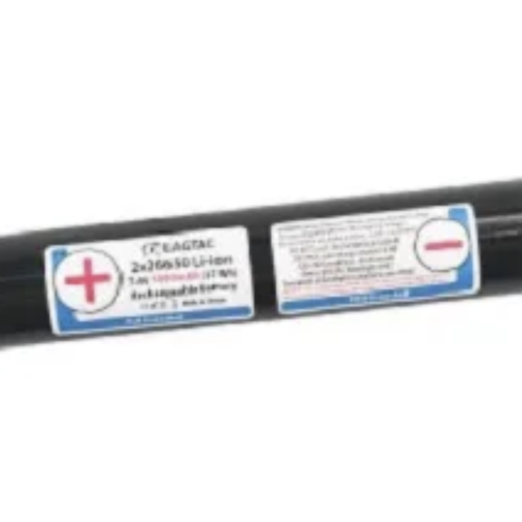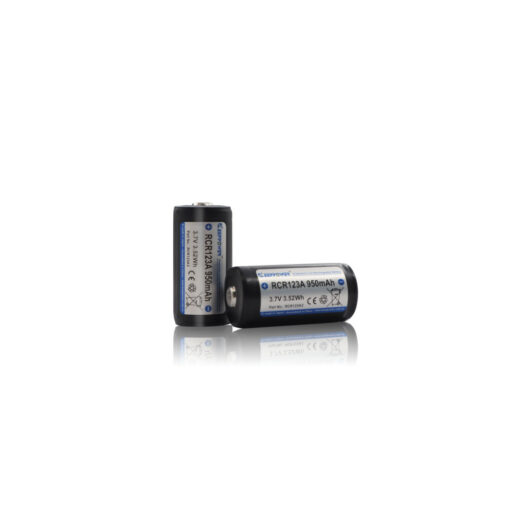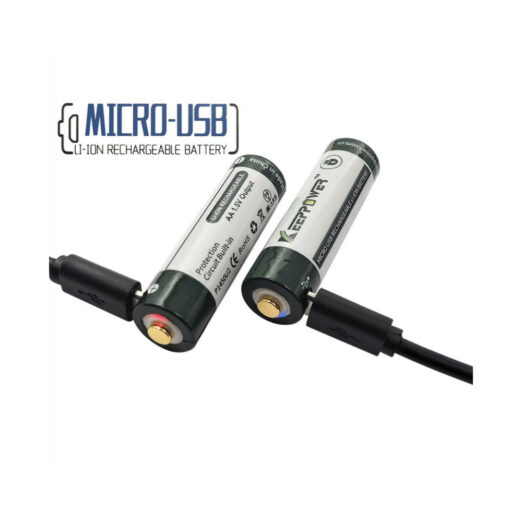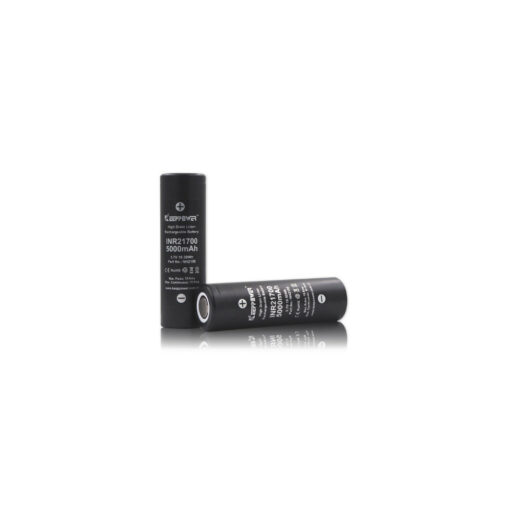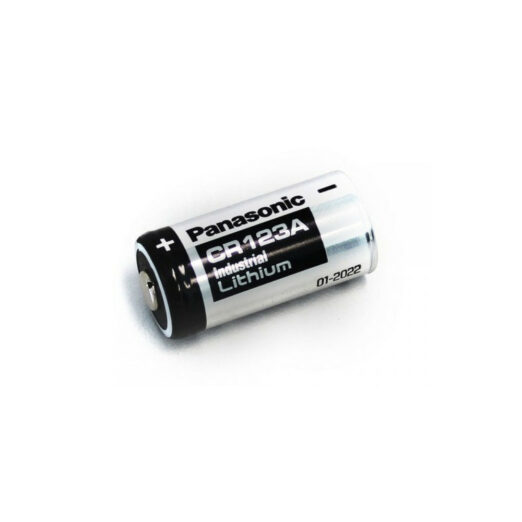What are battery chargers used for?
Battery chargers are devices used to replenish the energy in rechargeable batteries. They are commonly used to charge batteries for various electronic devices such as smartphones, laptops, tablets, cameras, and portable gaming consoles. Battery chargers provide the necessary electrical current and voltage to restore the battery’s charge level, allowing the device to function properly.
Regular vs rechargeable batteries:
Regular batteries, also known as disposable batteries, are designed for single-use and cannot be recharged once they run out of power. They are typically cheaper than rechargeable batteries and are readily available in various sizes and types such as alkaline or lithium.
Rechargeable batteries, on the other hand, are designed to be used multiple times and can be recharged when they lose power. They are more expensive upfront but can save you money in the long run as they can be reused many times. Rechargeable batteries are available in different chemistries like nickel-metal hydride (NiMH) or lithium-ion (Li-ion).
Here are some key differences between regular and rechargeable batteries:
-
Cost: Regular batteries have a lower upfront cost, but if you use a lot of batteries, the cost can add up over time. Rechargeable batteries have a higher upfront cost but can be recharged hundreds or even thousands of times, making them more cost-effective in the long run.
-
Convenience: Regular batteries are convenient because they are widely available and can be easily replaced when they run out of power. Rechargeable batteries require a charging device and take time to recharge, so they may not be as convenient if you need immediate power.
-
Environmental Impact: Regular batteries contribute to environmental waste as they need to be disposed of after use. Rechargeable batteries are more environmentally friendly as they can be reused multiple times, reducing the number of batteries that end up in landfills.
-
Power Output: Rechargeable batteries tend to have a lower voltage output compared to regular batteries. This means that certain high-power devices may not perform optimally with rechargeable batteries.
Overall, the choice between regular and rechargeable batteries depends on your specific needs. If you frequently use batteries and want to minimise waste and save money in the long run, rechargeable batteries are a good option. However, if convenience and immediate power are more important to you, regular batteries may be the better choice.




















